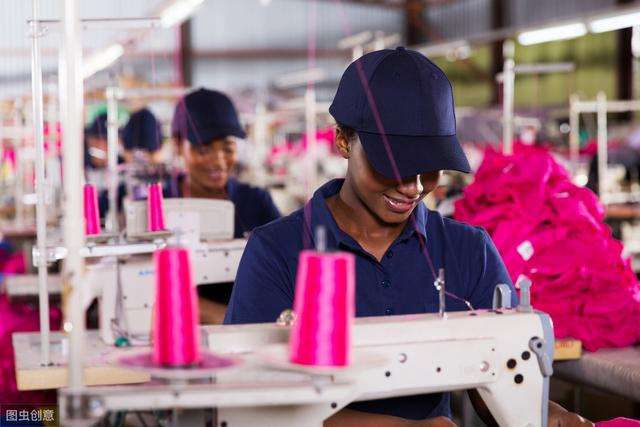An article titled "2021, The Year Africa's start-ups Take off" was published on The website of Spanish newspaper El Pais on December 17 by Carlos Baho Ero. The full text is reproduced below:
The year is not yet over, but investors and analysts are already arguing that it was the year of explosive growth for Africa's entrepreneurial ecosystem. Samir Abdel, a French journalist from Africa who specialises in technology, describes 2021 as "the first year of Africa's unicorns".
The Emerging Valley summit, just held in Marseille, France, which brought together entrepreneurs and investors from Africa and Europe, is a good example of the interest African start-ups are generating in the world of big investment funds. At the same time, these companies are also generating interest in different public or semi-public structures that promote economies, international relations or cooperation.

Investment in these companies has never stopped growing, at least for the past six years, with a brief hiatus in 2020 and a decisive burst this year: Waiting for annual reports, African start-ups have raised between $4 billion and $5 billion, according to people familiar with the matter. The blockbuster figure would mean at least three times the amount attracted in 2020.
Bamba Lowe, an entrepreneur from Senegal who has expanded his delivery business in Senegal and Cote d 'Ivoire, stresses that many startups "respond to unmet needs in the country." His company, Pappus, connects any business that needs to deliver goods directly to its customers by combining its app with one of the largest delivery fleets in West Africa.
The boom in deal-making and growing money generated by the "emerging Valley" conference has turned attention to the continent. Satoshi Shinata heads a Japanese investment fund with offices in Tokyo, Lagos and Nairobi that has invested in 100 African companies over the past three years. "At this point, we think we have to make the ecosystem more stable by investing in a variety of startups that are being developed, rather than focusing on a single unicorn," Mr. Shinda said.
Marem Dean, head of Global innovation and strategy at 500 Global, another Silicon Valley-linked venture capital firm, puts it bluntly: "Investing in Africa today is not philanthropy, it's pure business because it's profitable to invest there today."
Dean's full description presents a region at a critical moment. "First of all, we are at a stage where we can see success stories in the African start-up ecosystem that will motivate investors," he said. On the other hand, we have more mature entrepreneurs who already have a variety of experience and have mastered the skills to manage teams, which generates the confidence to invest. In the end, money is money. The fact that investment increased attracted more investment. There is an effect called FOMO(fear of missing out), fear of being left out, which further encourages investment."
One explanation for this explosive growth is the maturation of ecosystems. The four African countries that have been the cradle of the most successful companies in recent years and received most of the investment include Nigeria, South Africa, Egypt and Kenya, with Ghana joining in 2020. But francophone countries, traditionally far behind in the race, seem to be starting to regain some space. Some west African countries have managed to gain significant growth momentum, although overall figures are still a long way from large markets in English-speaking countries.

The diversification of the industry has also driven growth over the past year. So-called "Fintech", which provides services related to economic or financial solutions, is a bulwark for investing in African start-ups. It is estimated that in recent years the sector has concentrated 25 per cent of the capital flowing to innovative and emerging companies. However, with the advent of the pandemic and the natural development of other industries, investors' interest has multiplied and also shifted to education, health or logistics. Even the cultural industry is growing, though still considered limited.
Investors are also encouraged by the fact that companies offer basic services, from electricity to health care to Internet connectivity. For Lowe, the appeal of Africa's innovation ecosystem is based on several factors: "The first is talent: there are very good people there who overcome all the odds. In addition, the development of the Internet must be considered. Operators are doing a great job in Africa, we can say that we have Internet for almost everything, we are already talking about 5G, and the cost of connectivity is coming down as everything moves forward. Finally, there is money. "More and more capital is coming in, which allows startups to fund their ideas and grow."

